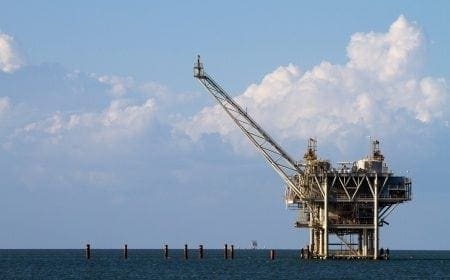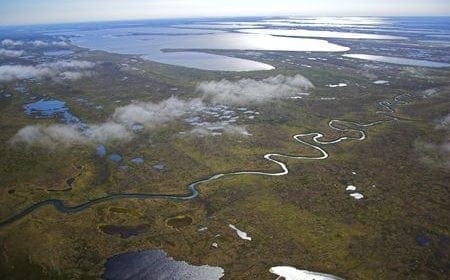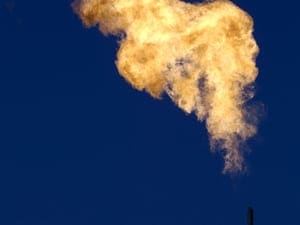Energy Ministers from Russia and Saudi Arabia agreed in September to work together in a commitment to stabilize the oil market. The talks occurred in tandem with the G-20 Summit hosted in China.
The Associated Press reported that Minister Alexander Novak and Minister Khalid al-Falih agreed in a joint statement that something needs to be done to correct the volatility of the oil price, and the two ministers laid out a general plan for moving forward.
The countries stated that they would set up a group to monitor market activity and propose various solutions for stabilizing the market. The Russian minister mentioned the possibility of a production freeze but did not say that a halt in production would be a certainty.
“We believe that the market right now is taking too long to balance out, it’s been two years, and joint steps which were considered earlier this year including a production freeze could be a great help in helping to balance the markets as soon as possible,” Novak told Russian news agencies.
Many are skeptical of a production freeze because, although the freeze will successfully rid the market of any surplus oil, it will not be a sustainable market environment. A production freeze would temporarily balance the market, but if Russia and Saudi Arabia immediately revert to their high levels of production after the freeze, there will be a continual imbalance.
Talks of a production freeze within OPEC have circulated the past two years, but the cartel has not managed to come to a unanimous decision regarding when or how to act. Russia is not a member of OPEC, but the nation was advocating for a production freeze earlier in the year before Iran made it clear it would not abide by such a freeze.
Oil and gas operations are commonly found in remote locations far from company headquarters. Now, it's possible to monitor pump operations, collate and analyze seismic data, and track employees around the world from almost anywhere. Whether employees are in the office or in the field, the internet and related applications enable a greater multidirectional flow of information – and control – than ever before.












